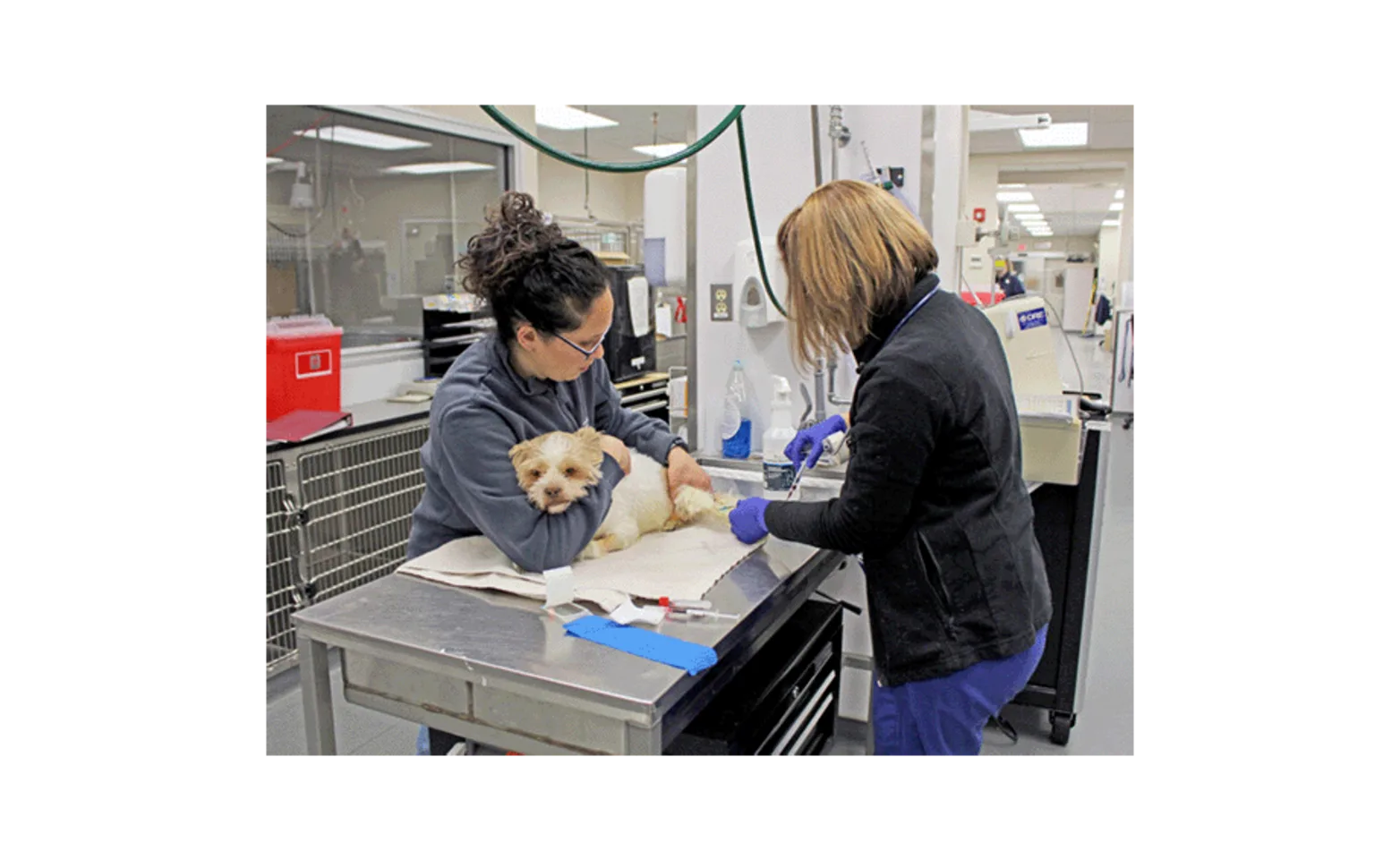Massachusetts Veterinary Referral Hospital (MVRH)



Highlights of Diagnostic and Therapeutic Options
Please contact us if you are seeking a service or treatment not listed here.
CT
Digital Radiography
Ultrasound: Abdomen, Cardiac, Thoracic, Musculoskeletal
Video Scoping: Cystoscopy, Endoscopy, Rhinoscopy, and more
Minimally Invasive Surgery: Arthroscopy, Laparoscopy, Thoracoscopy
Ophthalmic Diode Laser System, Phacoemulsification surgery, Operating Microscope
Transfusion Medicine
Hemodialysis and Therapeutic Plasma Exchange
Mechanical Ventilator
Electromyography (EMG)
Echocardiogram & Electrocardiogram (ECG)
Spinal Tap





